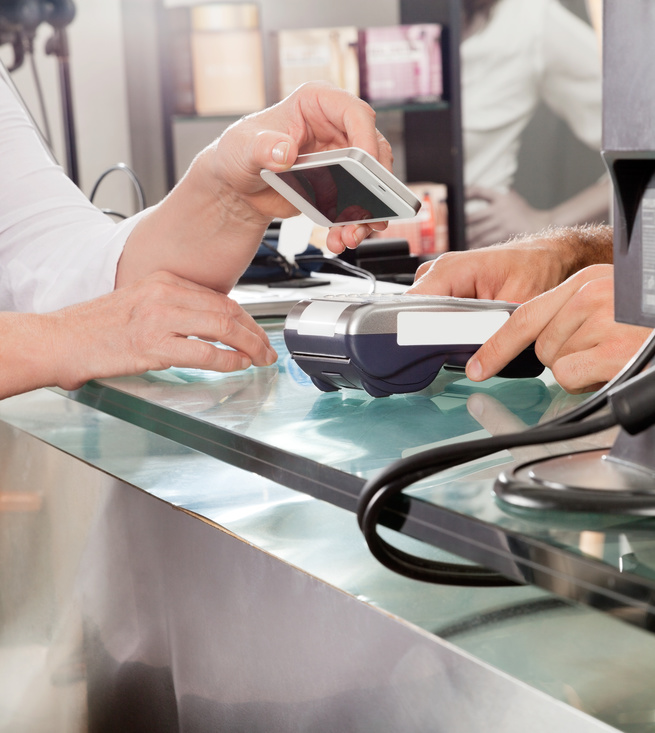US technology giant Microsoft has introduced its mobile wallet feature in its mobile app. Currently, the feature is available for Windows Insiders using build 14360 or higher. The company calls it a “cloud-based payment technology.”
Microsoft’s Mobile Wallet
Microsoft has recently announced its wallet for mobile payments, which is a competitor to Apple Pay, Samsung Pay, and Android Pay. Mobile wallet unveiled by Microsoft enables NFC contactless payments at the point-of-sale (POS) for devices running Windows 10 Mobile.
The cloud-based service will be available on Lumia 950, 950 XL, and 650 devices first. Microsoft supports MasterCard and Visa payments on cards issued by Bank of America, People’s United Bank, and several credit unions. Soon, Microsoft is going to close its deals with US Bank, Chase, and Fifth Third Bank.
Right now, Microsoft Wallet can be run as an in-store payment method. Microsoft spokesperson described it as a “first step in allowing for making easier and more secure payments for purchases. With this in mind, merchants running an online business should turn to a reliable payment processor like eMerchantBroker to get the best for their company. EMB is voted the #1 high risk merchant account provider in the US and has an A+ rating with the BBB.
Microsoft, Apple, and Samsung
Apple Pay was available as an in-app online payment method, and now is going to compete with PayPal as a payment method for traditional eCommerce sites. So it will be accessed by desktops or laptops via the Safari Web browser. Currently, Apple Pay is available on models newer than iPhone 6 and the Apple Watch.
Android Pay also offers in-app capability. According to a Samsung Pay executive, customers will be able to use the service online this year. Samsung Pay is currently available on Samsung Galaxy S6 and Galaxy Note5.
As for Microsoft, the company acquired Wand Labs, a startup building messaging technology for apps. Now, Microsoft is planning to acquire LinkedIn, a professional social networking service, for $196 per share. The all-cash transaction is valued at $26.2 billion, including LinkedIn’s net cash.


